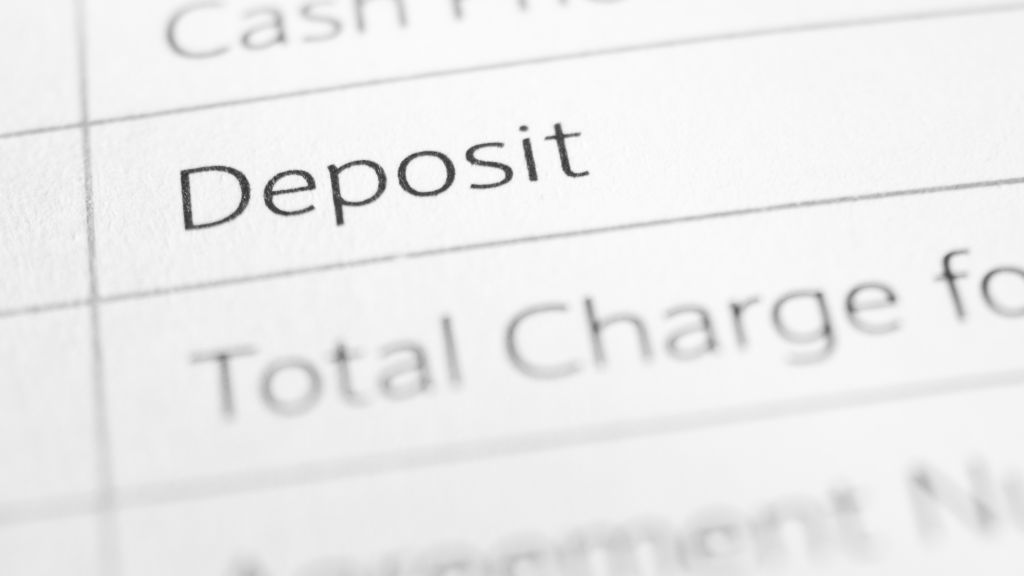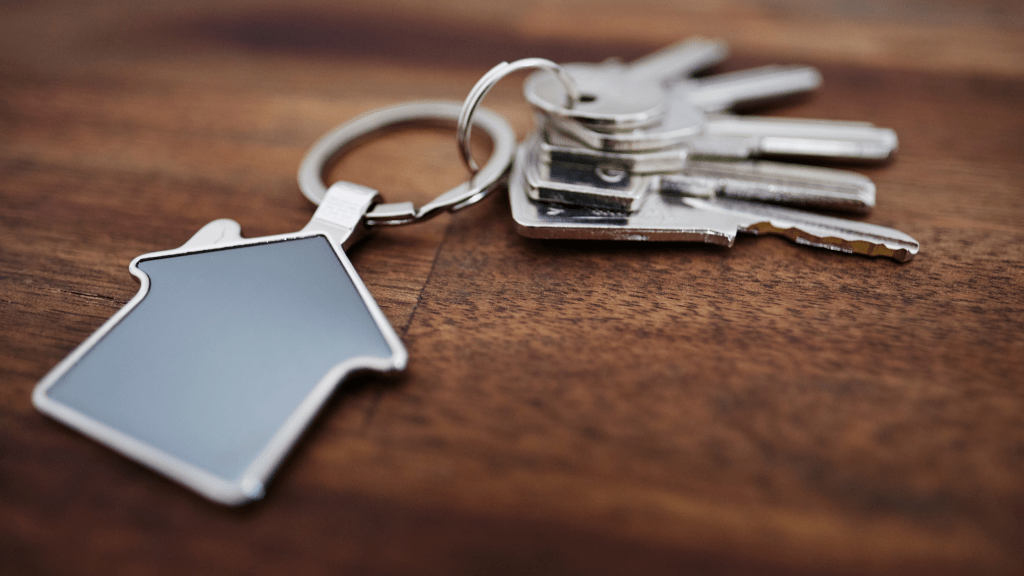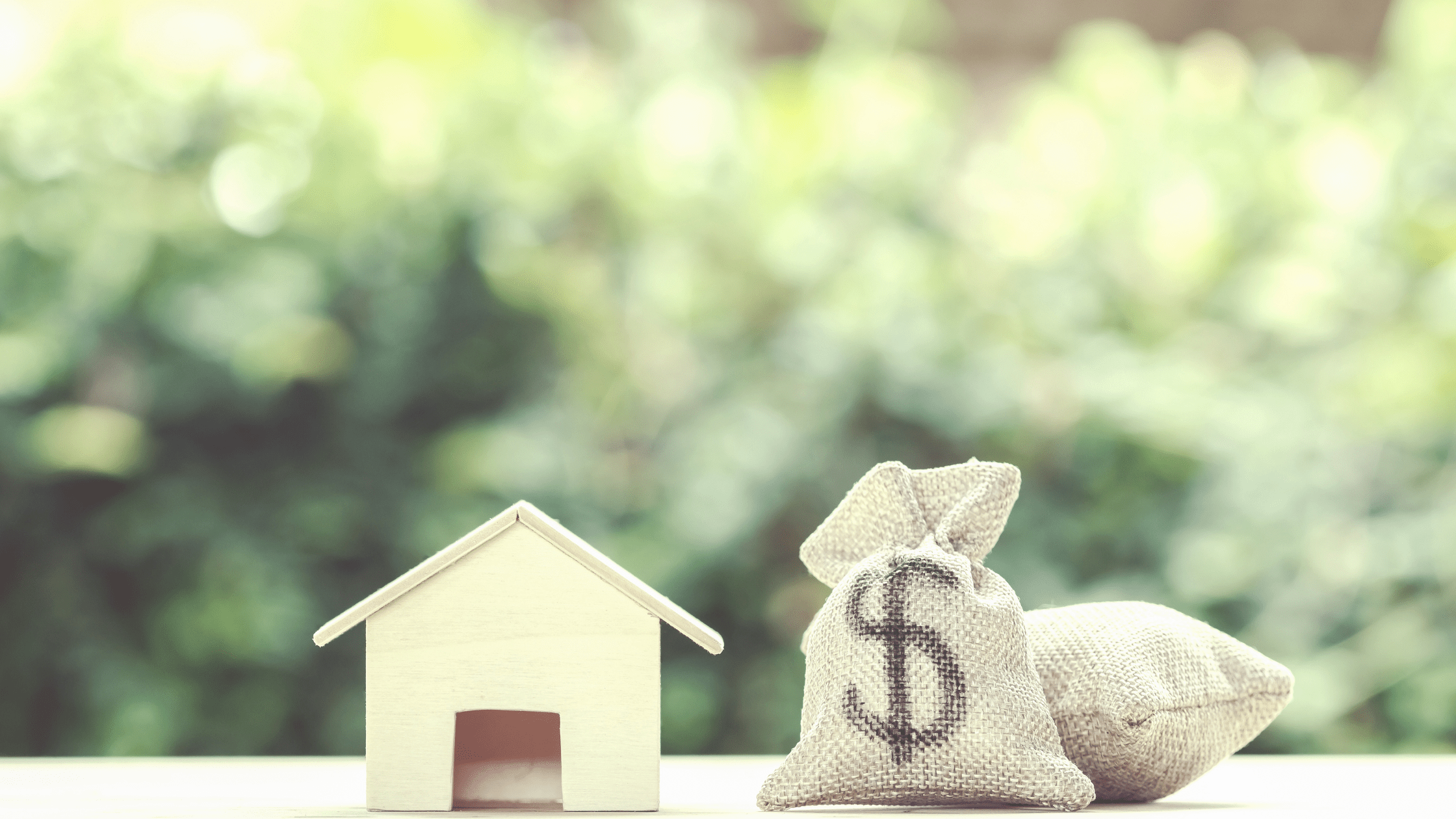As a first-time homebuyer, the real estate market can be a daunting arena. You may be thinking, how on earth can I afford it? The good news is that you don’t necessarily have to pay for everything upfront. Keeping an eye on all pending costs for buying a home and having a solid plan for managing these expenses is key. Let’s look at how much you should save before you buy a home.
What are the costs of buying a home?
First off, it depends on what type of home you’re buying. Read our article that explains key aspects distinguishing between a presale and resale home here.

Your purchase deposit
Upon signing your purchase offer, you will generally need to fork out a 5% down payment for the home. Once your offer is accepted, this deposit will go towards the purchase price for the home.
If you may be securing bank financing, you may need to increase your cash deposit to 20%-25% to qualify for a mortgage.
In the case of a presale or new construction home, you’ll typically need to pay between 15%-20% of the purchase price as an initial deposit. Developers will commonly set an installment schedule over a period of months to make the payment a little bit easier.
Your payments due upon closing of the sale
Once you remove buyer subjects and reach the completion date, you’ll need to pay the remainder of the purchase price. At this point, you’ll have two options. Either you’ll be paying out of pocket, or alternatively, you’ll be using funds per financing from your bank. In a real estate market with low borrowing rates, securing financing can be a cost-efficient and practical solution for gaining entry to choice neighborhoods.
Additional Costs to Close on Your Purchase
Beyond the purchase price for your home, additional costs accompany a home sales transaction. These costs can add up, so as a homebuyer, it’ll be prudent to include them in your budgeting for a home.
Legal Conveyancing
You’ll typically pay conveyancing fees at closing, covering the legal procedure to transfer the home’s title. Conveyancing fees can typically range between $ 1200 – $ 1500.
Property Transfer Tax
Like most sales transactions, a home sale won’t go without payment to the local government. You’ll need to submit property transfer taxes. These taxes are applied on top of the purchase price for the home. Property taxes will amount to between 1%-2% of the purchase price if the home is worth anywhere up to $ 2,000,000. A maximum tax of 3% will apply to any home values above two million.
Foreign buyers will also need to cover additional property transfer taxes.

Costs specific to purchasing a resale home
To protect yourself as a homebuyer, you’ll want to know that you’re buying a home free of material defects. And in the case of a strata lot, you’ll want to be clear of any pending significant strata levies.
A home inspection can cost between $ 300 – $ 500. When you’re reviewing strata documents, it’ll be important to look at records including Form B, Form F, a depreciation report, an engineering report, and two years’ worth of strata meeting minutes. The fees that a strata corporation can charge for procuring records are set within Strata Property Act and Regulations. Standard charges are $ 35 for a Form B, $ 15 for a Form F, and a copying cost of $0.25 cents per page for each report provided.
Arranging a home inspection or obtaining strata documents for review will be well worth the cost. In most cases, if anything significant comes up through the inspection or strata records, you can use these discoveries as leverage against your purchase offer for the home.
Costs specific to purchasing a presale home
Sales of a new construction or presale homes also carry G.S.T. (goods and services tax), which the buyer bears. This 5% tax is applied on top of the purchase price.
Additional Costs
- your moving expenses (budget for moving and payment of the applicable move in and move out fees with building strata)
- costs of an appraisal report to secure your financing with the bank
- In circumstances where your deposit in a home is less than 20%, banks may still grant a mortgage provided that you secure additional mortgage default insurance through organizations such as the CHMC (Canadian Housing Mortgage Corporation)
If you’re a first-time homeowner, some tax exemptions may apply
- for a presale home, you’ll be exempt from property transfer tax for homes costing less than $ 750,000
- for a resale home, you’ll be exempt from property transfer taxes for homes costing less than $ 500,000
What about realtor fees?
As a buyer, you’ll be happy to know that you won’t need to pay the agent fees. The seller’s agent typically covers these fees.

General Rule of Thumb
Closing costs will generally amount to 2-4% of the total purchase price. If you’re buying a new construction home, be ready to add 5% to cover the goods and service tax.
Taking The Next Steps to Buy Your Home
Buying a home takes planning and commitment. Few homebuyers can put in an all-cash offer for a home, and a significant part of planning goes towards getting pre-approved financing for your home. Once you’ve sorted out the financing, you’ll also want to be conscious of the additional costs that go beyond just the purchase price. These costs will need to be accounted for when budgeting for your home.
Like, comment, or share, if you found this content helpful.
Are you working through your master plan for buying a home? Speak to us, and let us help you through the home buying process.


